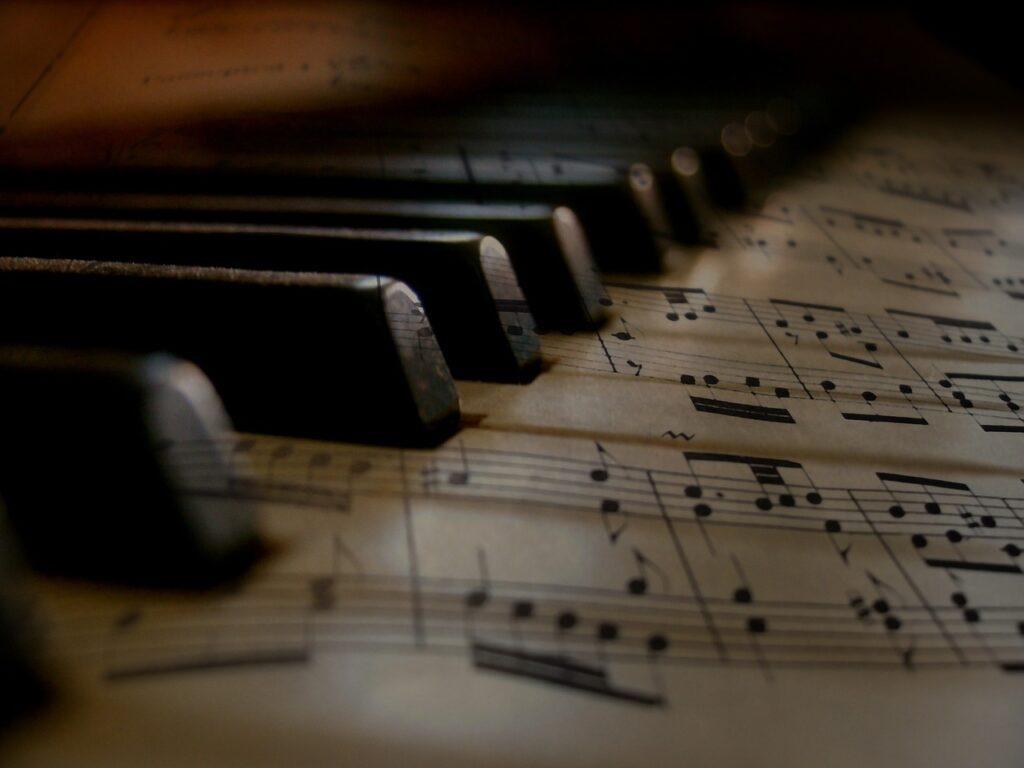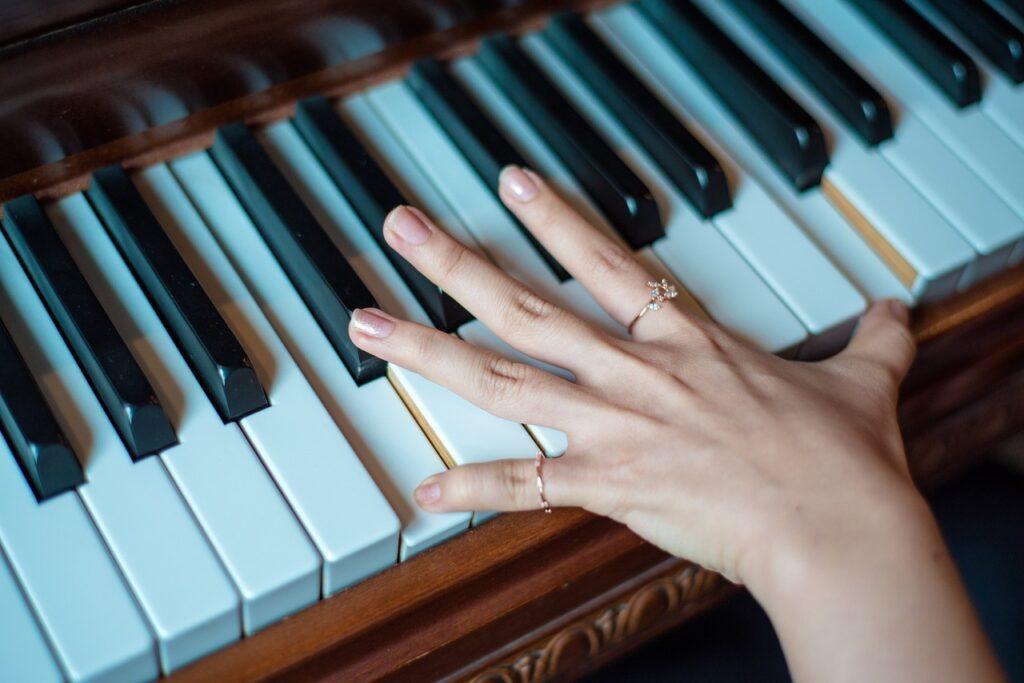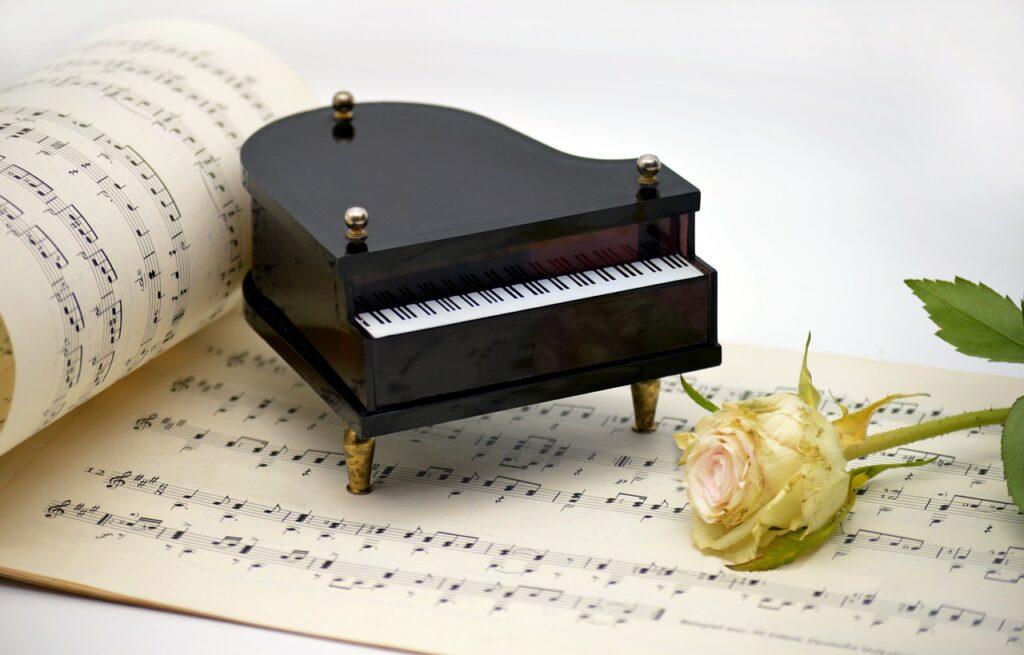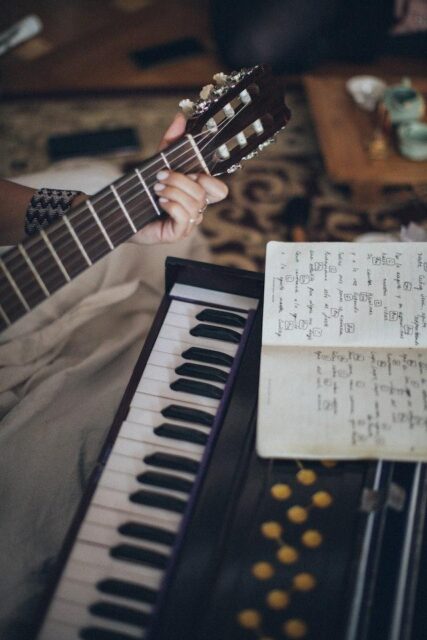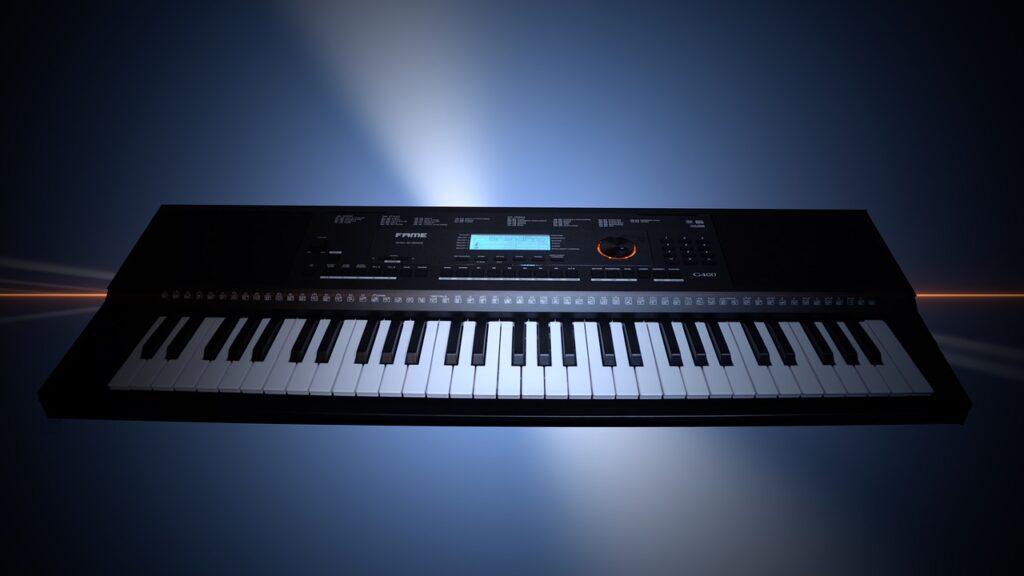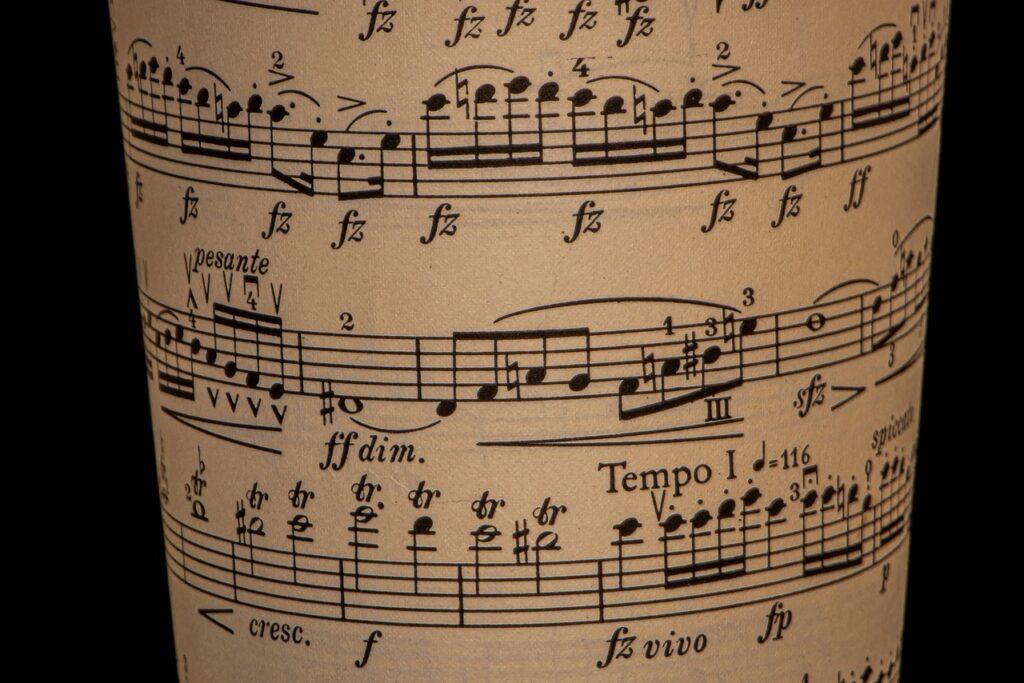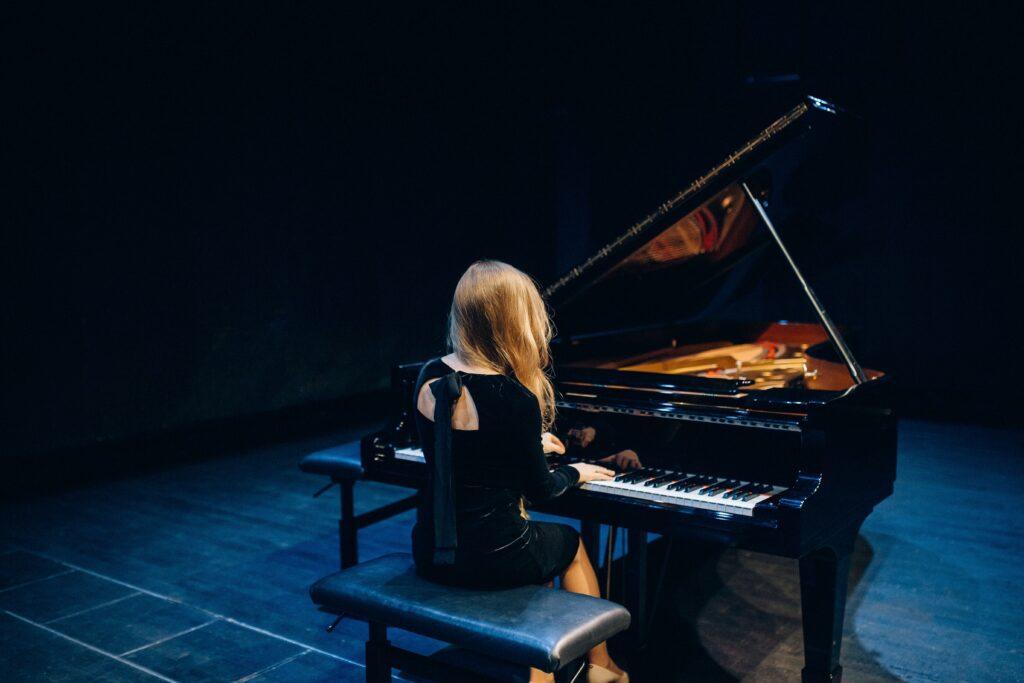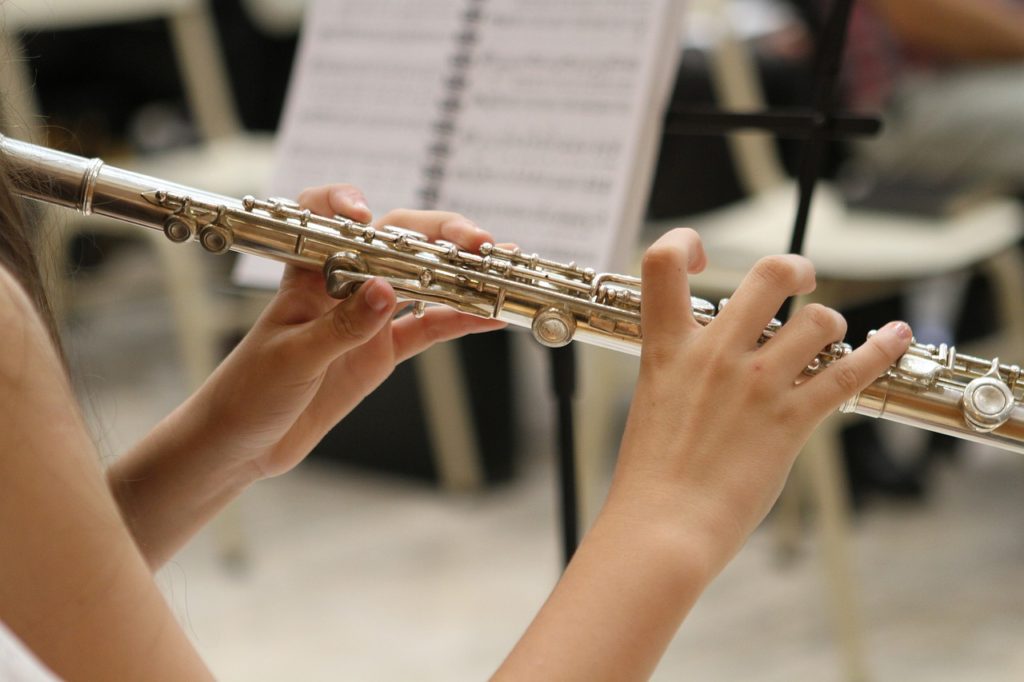What is a Parallel Mode and How Does it Work?
“What is a parallel mode and how does it work? And how does a parallel mode differ from a relative mode?” Many musicians find the concept of modes confusing. I can help! Click to answer the question, “What is a parallel mode and how does it work?” Estimated reading time 3 minutes.


